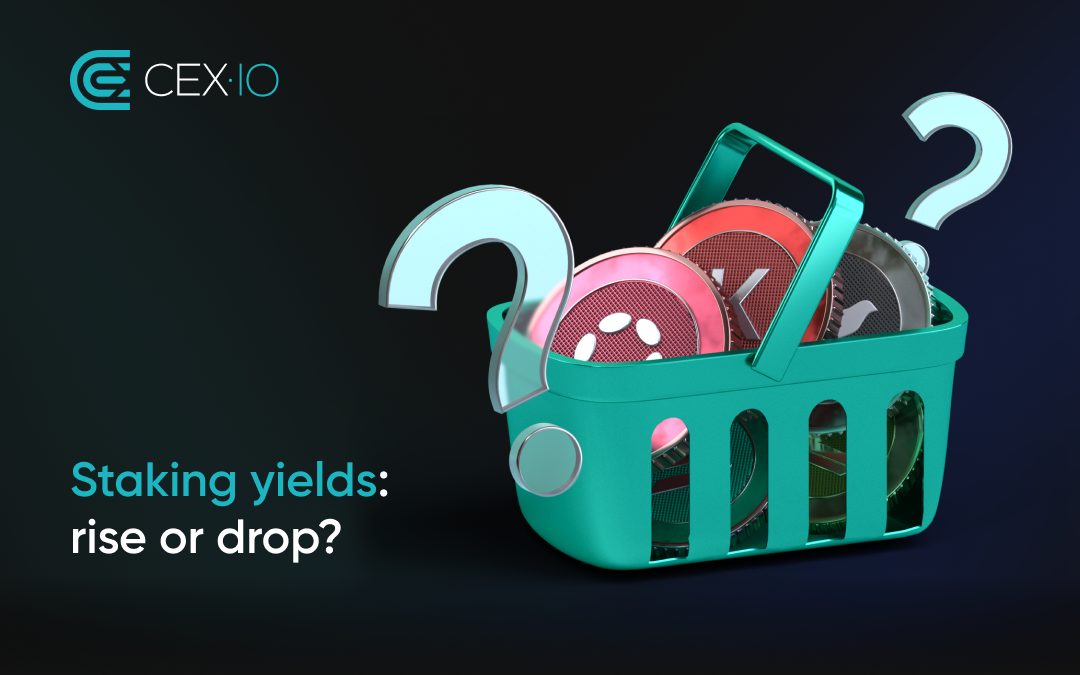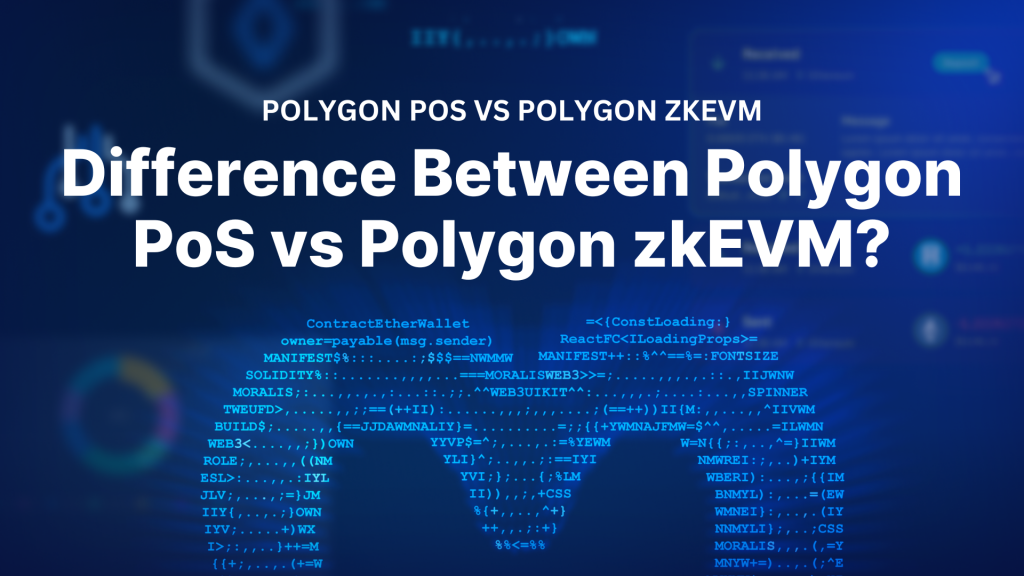Non-fungible token (NFT) gross sales in November rose for the primary time in seven months to high US$530 million, shrugging off the sharp declines in cryptocurrency costs following the collapse of Bahamas-based crypto trade FTX.com earlier within the month.
November gross sales rose 13.2% in worth phrases from October, regardless of an 18.75% decline in particular person transactions, in line with NFT aggregation web site CryptoSlam.
The market turbulence makes it troublesome to attract concrete conclusions about what drove the rise, mentioned Yehudah Petscher, NFT relations strategist for CryptoSlam, in an interview with Forkast.
The keenness stays for the way forward for NFTs in a Web3 decentralized web constructed round blockchains, however “there’s simply increasingly more confusion in regards to the brief time period,” he mentioned.
Giulio Xiloyannis, co-Founding father of Web3 enterprise capital studio LiquidX, mentioned so-called “whales,” or traders with massive holdings in NFTs and cryptocurrencies, are extra resilient to shocks like FTX and search alternatives in a market hunch.
Which will assist clarify the upper worth gross sales whilst transaction numbers fell, mentioned Xiloyannis, who can also be the chief government officer of Pixelmon, which develops metaverse-based on-line role-playing video games.
Injury
Regardless of November’s positive factors, Petscher instructed Forkast that concern about how the harm might unfold from the FTX collapse was creating uncertainty within the NFT market.
A pockets linked to FTX’s now defunct brokerage arm Alameda Analysis holds 57 NFTs of the extremely sought-after Bored Ape Yacht Membership (BAYC) and the Otherside collections, together with 31 BAYC which are thought-about uncommon. The gathering, which stays in an Alameda pockets, could possibly be price tens of millions of {dollars}.
FTX’s funding unit, FTX Ventures, was additionally an investor in BAYC creator, Yuga Labs.
“Everyone ready to see what the trickle-down impact is from that,” Petscher mentioned, “these are nonetheless the the explanation why persons are not able to dive proper again into the deep finish with NFTs, as a result of we don’t really feel like we’ve seen all there may be that’s purported to occur or which will occur but.”
One of many blockchains most hit by the FTX collapse was Solana. It had a market cap of US$11 billion in the beginning of the month, which had slumped to simply US$4.9 billion as of Friday afternoon in Asia.
Nevertheless, some Solana-based initiatives continued to promote up to now 30 days, with y00t, DeGod and Claynsaurz all sitting inside the high 25 collections for the month.
As ordinary, the “blue chip” collections related to BAYC dominated the highest of the listing, as did fellow favourite CryptoPunks. BAYC noticed over US$60 million in transactions up to now 30 days, greater than double that of runner-up, Mutant Ape Yacht Membership.
Headwinds
A adverse growth for NFTs is the announcement by Coinbase International Inc., the most important crypto trade within the U.S., that prospects utilizing the Apple Inc. working system will now not be capable of ship NFTs utilizing Coinbase’s pockets.
This is because of a coverage change to provide Apple 30% of the “fuel charges” required to course of NFT transactions.
“Apple has launched new insurance policies to guard their earnings on the expense of client funding in NFTs and developer innovation throughout the crypto ecosystem,” Coinbase tweeted in saying the change.
Final month Forkast reported on a controversial pattern in NFT marketplaces, particularly these primarily based on the Solana blockchain, to make paying creator royalty charges optionally available.
Market chief OpenSea nonetheless mandates royalty funds, whereas the most important Solana-based market, Magic Eden, had made the charges optionally available as a method to entice customers.
Nevertheless, Magic Eden on Dec. 1 mentioned it would launch a software that permits creators to implement royalty charges.
“I simply suppose [marketplaces] all must resolve what’s greatest for his or her platform and their viewers,” Petscher mentioned. “If their market is strictly collectibles and people collectors resolve they don’t wish to pay these royalties, so be it.”
Unhealthy Actors
Xiloyannis mentioned that regardless of the downturn within the capitalization of the NFT market, the business is in a greater place now than it was 12 months in the past when the worth was roughly 5 occasions what it’s right now.
“Extra entrepreneurs are spending their time and sources constructing; the plentiful capital raised in the course of the bull market is now being truly deployed into creating viable enterprise fashions,” he mentioned.
The fallout from the collapse of FTX and the Terra-Luna stablecoin mission earlier within the yr will convey larger investor and regulator scrutiny, he mentioned.
“It will enhance the standard and caliber of founders in addition to initiatives out there to spend money on, filtering out lower-quality or doubtful propositions,” he added.
Petscher had related views. “Use this as the chance to get these dangerous actors out,” he mentioned.
“Let’s get the laws in right here. And that approach, the following bull run, we have now one thing that’s truly sustainable and we’ll have a stable basis.”


















